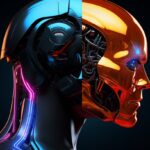In the ever-evolving landscape of healthcare, the role of nuclear medicine technologists has been a beacon of light, symbolizing the delicate balance between technology and human touch.
However, with the rapid advancements in artificial intelligence (AI), a cloud of uncertainty looms over their future.
As you step into this discussion, you will explore how AI is revolutionizing diagnostic imaging, the potential implications for nuclear medicine technologists, and the ethical considerations that arise in the realm of AI-driven healthcare.
Brace yourself, for the challenges and opportunities ahead will leave you pondering the strategies for career growth and adaptation in this changing landscape.
Key Takeaways
- The role of nuclear medicine technologists is expanding in patient care improvement and administering therapeutic treatments using radioactive substances.
- AI applications in medicine, such as data analysis and drug discovery, are revolutionizing healthcare delivery, patient outcomes, and medical research efficiency.
- AI is revolutionizing diagnostic imaging through computer-aided detection systems, image recognition, and segmentation, leading to improved efficiency, accuracy, and personalized care.
- While AI automation may pose challenges and uncertainty for nuclear medicine technologists, adapting to technological advancements and collaborating with AI can enhance diagnostic accuracy, streamline administrative tasks, and provide more precise and personalized treatment plans.

The Role of Nuclear Medicine Technologists
Nuclear medicine technologists play a crucial role in the field of healthcare, utilizing their specialized knowledge and skills to perform diagnostic imaging procedures using radioactive materials.
As a nuclear medicine technologist, you have the unique opportunity to contribute to the expansion of your role and make a significant impact on patient care improvement.
With advancements in technology and medical imaging techniques, the role of nuclear medicine technologists has expanded beyond traditional diagnostic procedures. You’re now involved in the administration of therapeutic treatments using radioactive substances, such as radioactive iodine for thyroid cancer or radioisotopes for pain management. This expanded role allows you to directly contribute to the well-being of patients and help them in their journey towards better health.
In addition to performing imaging procedures, you also play a vital role in patient care improvement. You’re responsible for ensuring the safety and comfort of patients during procedures, providing them with the necessary information and support. Your expertise in radiation safety and proper handling of radioactive materials helps minimize potential risks and ensures the highest level of care for patients.
Furthermore, as a nuclear medicine technologist, you collaborate closely with other healthcare professionals, such as radiologists, oncologists, and surgeons, to provide accurate diagnoses and develop effective treatment plans. Your specialized knowledge and skills in nuclear medicine allow you to contribute valuable insights to the multidisciplinary team, ultimately leading to improved patient outcomes.

Introduction to Artificial Intelligence in Medicine
Artificial intelligence is revolutionizing the field of medicine, offering innovative solutions to enhance diagnosis, treatment, and patient care. With the rapid advancement of technology, AI applications in medical research and healthcare management have gained significant attention. Here are some key points to consider:
- AI applications in medical research:
- Data analysis: AI algorithms can efficiently analyze large volumes of medical data, such as patient records, lab results, and imaging scans. This enables researchers to identify patterns, correlations, and potential risk factors that may have gone unnoticed. It facilitates the discovery of new treatments and the development of personalized medicine.
- Drug discovery: AI is transforming the drug discovery process by accelerating the identification of potential drug candidates. Machine learning algorithms can analyze vast amounts of data to predict the effectiveness of certain compounds, reducing the time and cost involved in bringing new drugs to market.
- AI in healthcare management:
- Decision support: AI systems can provide healthcare professionals with real-time, evidence-based recommendations for diagnosis and treatment. By integrating patient data and medical knowledge, AI can assist in making accurate and timely decisions, improving patient outcomes.
- Remote monitoring: AI-powered devices can monitor patients remotely, collecting vital signs, symptoms, and other health-related data. This enables healthcare providers to detect early warning signs and intervene proactively, leading to better management of chronic conditions and reduced hospital admissions.
As technology continues to advance, the role of AI in medicine will only grow. It has the potential to revolutionize healthcare delivery, improve patient outcomes, and enhance the efficiency of medical research. Embracing these advancements can lead to a future where medicine is more accessible, personalized, and effective.

How AI Is Revolutionizing Diagnostic Imaging
With the advancements in artificial intelligence, the field of medicine is witnessing a remarkable transformation, particularly in diagnostic imaging. AI has revolutionized the way medical professionals analyze and interpret medical images, leading to more accurate and efficient diagnoses.
One of the significant advancements in AI applications for diagnostic imaging is the development of computer-aided detection (CAD) systems. These systems use machine learning algorithms to analyze medical images, such as X-rays, CT scans, and MRIs, to identify abnormalities and potential signs of disease. CAD systems can quickly process large volumes of data and flag areas that require further attention, aiding radiologists in their decision-making process.
Another area where AI is making a significant impact is in image recognition and segmentation. Deep learning algorithms can learn from vast amounts of labeled medical images, enabling them to accurately identify and outline structures of interest, such as tumors or organs. This technology allows for faster and more precise measurements, improving the accuracy of diagnoses and treatment planning.
AI also plays a crucial role in improving the efficiency of diagnostic imaging workflows. By automating repetitive tasks, such as image acquisition, preprocessing, and analysis, AI algorithms can save valuable time for medical professionals. This automation allows radiologists to focus on more complex cases and provide more personalized care to patients.
Furthermore, AI is facilitating the integration of imaging data with other patient information, such as electronic health records and genomic data. By combining these different sources of information, AI algorithms can provide a more comprehensive and holistic view of a patient’s health, leading to better treatment decisions and outcomes.

Automation and Efficiency in Nuclear Medicine
Are you curious about how automation and efficiency are transforming the field of nuclear medicine? Technology advancements have brought about significant changes in the way nuclear medicine operates, resulting in numerous advantages and a positive impact on patient care.
Let’s explore how automation is revolutionizing this field:
- Automation advantages:
- Increased accuracy: Automated processes in nuclear medicine, such as image acquisition and analysis, reduce the potential for human error and improve diagnostic precision. This leads to more accurate diagnoses and better treatment outcomes.
- Time savings: Automation streamlines workflows, allowing nuclear medicine technologists to efficiently perform tasks that previously required significant time and effort. This enables them to focus more on patient care and spend less time on administrative duties.
- Impact on patient care:
- Enhanced safety: Automated systems in nuclear medicine ensure proper radiation safety protocols are followed, minimizing potential risks for both patients and healthcare professionals. This improves overall patient safety during diagnostic procedures.
- Expedited results: Automation expedites the process of image analysis and interpretation, reducing turnaround times for test results. This enables physicians to make timely and informed decisions regarding patient treatment plans.
With automation, nuclear medicine technologists can optimize their time and expertise, ultimately benefiting the patients they serve. By reducing human error, increasing efficiency, and improving patient safety, automation is revolutionizing the field of nuclear medicine and enhancing the quality of patient care.
Embracing these advancements allows professionals to focus on what matters most – providing accurate diagnoses and effective treatments for improved patient outcomes.

Potential Implications for Nuclear Medicine Technologists
As technology continues to reshape the field of nuclear medicine, it’s essential for nuclear medicine technologists to understand the potential implications of these advancements on their careers. While the integration of artificial intelligence (AI) and automation brings numerous benefits, it also poses potential challenges and raises concerns about job security.
One potential challenge that nuclear medicine technologists may face is the automation of certain tasks. AI algorithms can now analyze medical images and provide accurate diagnoses, reducing the need for human interpretation. This could lead to a decrease in the demand for technologists who specialize in reading and interpreting these images. As a result, technologists may need to adapt and expand their skill sets to remain competitive in the job market.
Another concern for nuclear medicine technologists is the possibility of job displacement. As AI technology continues to advance, it has the potential to replace certain tasks currently performed by technologists. For example, AI algorithms can now perform image reconstructions and even administer radiopharmaceuticals, tasks that were previously exclusive to technologists. This could lead to a decrease in the number of available positions and a potential decrease in job security.
However, it’s important to note that while AI technology may automate certain tasks, it can’t replace the human touch and critical thinking skills that nuclear medicine technologists bring to patient care. Technologists play a vital role in patient interaction, ensuring patient safety, and providing personalized care. As such, it’s crucial for technologists to embrace these advancements, adapt their skills, and position themselves as valuable members of the healthcare team.
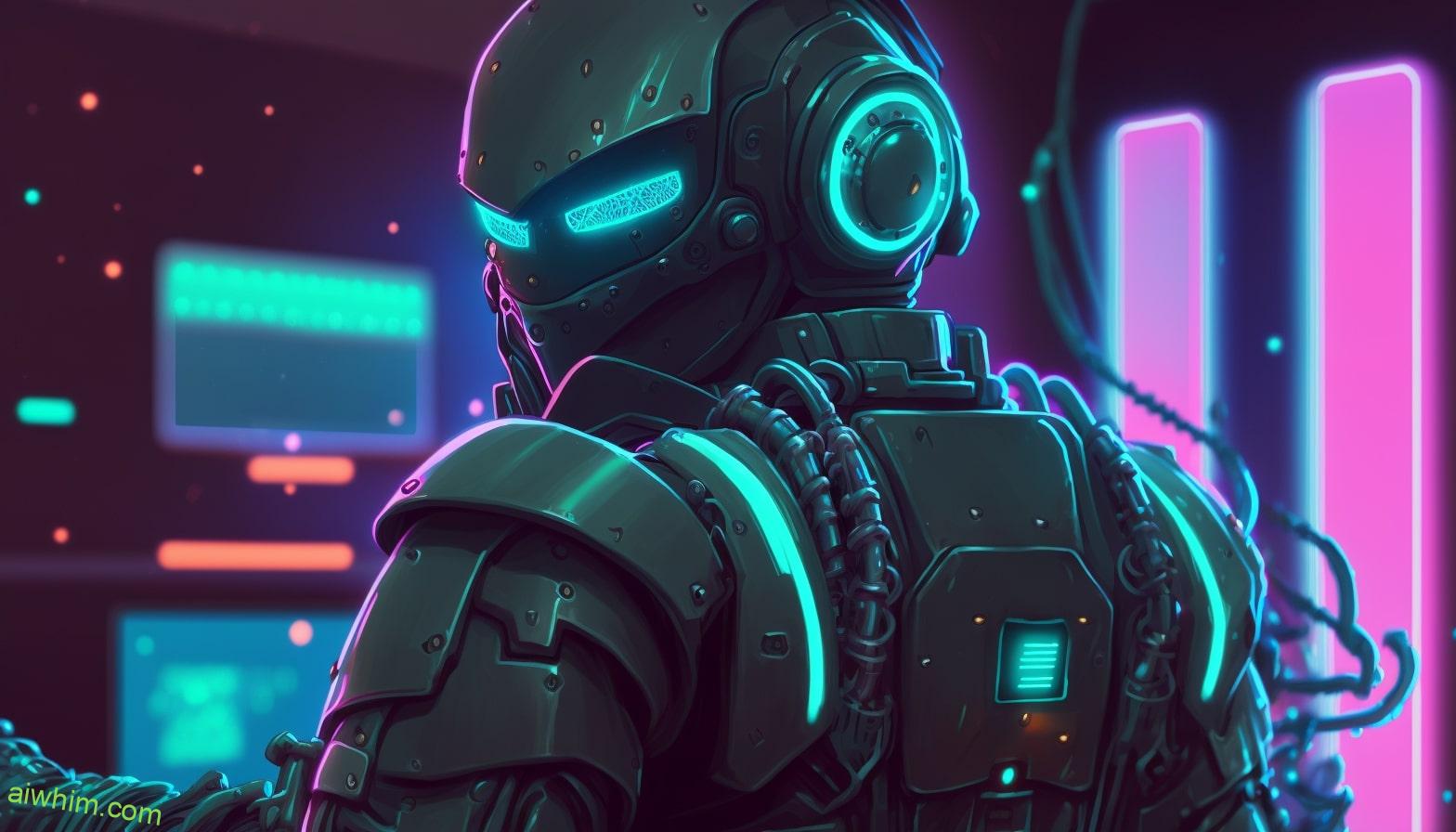
AI’s Impact on Job Demand and Marketability
AI’s impact on job demand and marketability can be both disruptive and transformative for nuclear medicine technologists. As AI technology continues to advance, it has the potential to automate certain tasks that were previously performed by human technicians, leading to job displacement and changes in the job market.
Here are two key points to consider:
- Job Displacement:
- With the introduction of AI in the field of nuclear medicine, there’s a possibility of certain tasks being automated, leading to a decrease in the demand for human nuclear medicine technologists.
- AI systems have the potential to perform tasks such as image analysis, diagnosis, and treatment planning, which are currently performed by technologists. This could result in a reduced need for human intervention and potentially lead to job losses in the field.
- Ethical Concerns:
- As AI technology becomes more integrated into the healthcare industry, ethical concerns arise regarding patient privacy, data security, and the potential for bias in decision-making algorithms.
- Nuclear medicine technologists play a crucial role in patient care, ensuring the safe and accurate administration of radioactive materials. The introduction of AI systems raises questions about how these responsibilities will be shared between humans and machines, and the potential impact on patient safety and well-being.
While AI may pose challenges to job demand and marketability for nuclear medicine technologists, it’s important to remember that technology also brings opportunities for growth and innovation. As the field evolves, technologists can adapt and acquire new skills to leverage AI technology in their work.
Embracing technological advancements and staying updated with the latest developments can help nuclear medicine technologists remain marketable in a transforming job landscape.

The Future of Nuclear Medicine Careers
The evolving landscape of nuclear medicine careers in the face of advancing AI technology presents both challenges and opportunities for technologists in the field. As AI continues to make advancements, it’s natural to wonder about the future job prospects in nuclear medicine. Will AI replace human technologists? While there’s no denying that AI has the potential to automate certain aspects of the field, it’s unlikely to completely replace human professionals.
AI has the ability to assist nuclear medicine technologists in various ways, such as image analysis and interpretation, improving accuracy and efficiency. This can have a positive impact on patient care by reducing the time taken for diagnosis and treatment planning. Technologists can work alongside AI systems, utilizing their expertise and knowledge to ensure the best outcomes for patients.
The future job prospects for nuclear medicine technologists lie in their ability to adapt to the changing technological landscape. By embracing AI technology and acquiring the necessary skills to work in collaboration with it, technologists can position themselves as valuable assets in the field. They can specialize in areas that complement AI, such as patient care, education, and research.
While there may be concerns about job security, it’s important to remember that AI is a tool, not a replacement for human skills and expertise. The demand for nuclear medicine technologists is expected to grow, as the field continues to advance and new applications of nuclear medicine emerge. By staying up-to-date with the latest developments and continuously improving their skills, technologists can ensure their relevance and job prospects in the future.
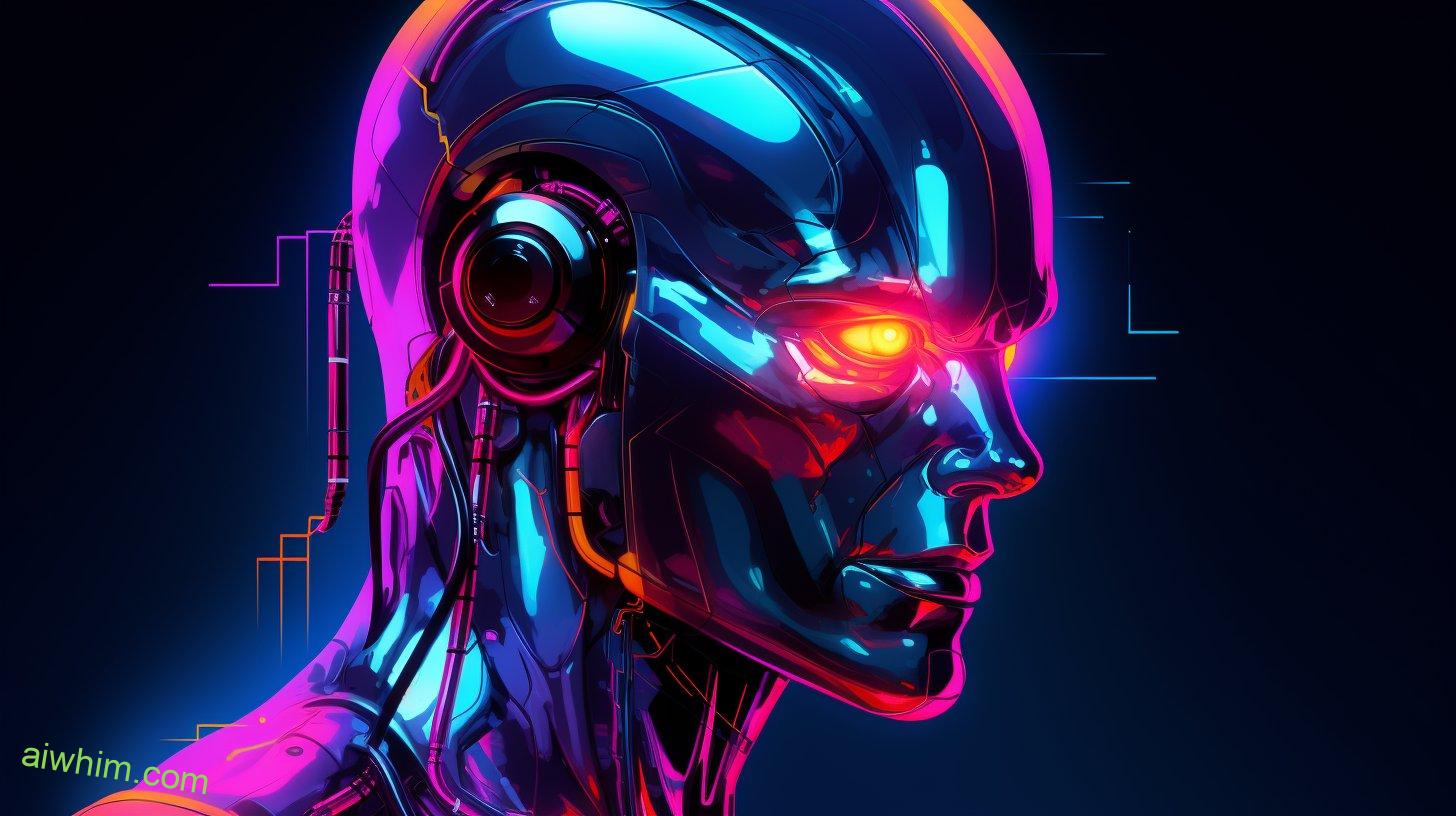
Adapting to Technological Advancements in Medicine
To stay relevant in the ever-evolving field of medicine, it’s essential for professionals to adapt to the rapid pace of technological advancements. As AI continues to make its mark in the healthcare industry, it’s crucial for medical practitioners to embrace and adapt to these advancements in order to provide the best possible patient care.
Here are some key points to consider when adapting to AI advancements and understanding their impact on patient care:
- Embracing AI Technology:
- Familiarize yourself with AI technologies and their applications in medicine.
- Seek out training programs and workshops to enhance your knowledge and skills in utilizing AI tools.
- Stay updated with the latest developments in AI to ensure you’re leveraging its full potential.
- Enhancing Patient Care:
- Understand how AI can improve diagnostic accuracy and treatment planning.
- Collaborate with AI systems to leverage their analytical capabilities and improve patient outcomes.
- Use AI to streamline administrative tasks, allowing more time for direct patient interaction.
Adapting to AI advancements in medicine has the potential to revolutionize patient care. By embracing these technologies, medical professionals can enhance their ability to diagnose diseases accurately, develop personalized treatment plans, and improve overall patient outcomes. Embracing AI also allows for more efficient use of time and resources, enabling healthcare providers to focus on delivering quality care and building stronger patient relationships.
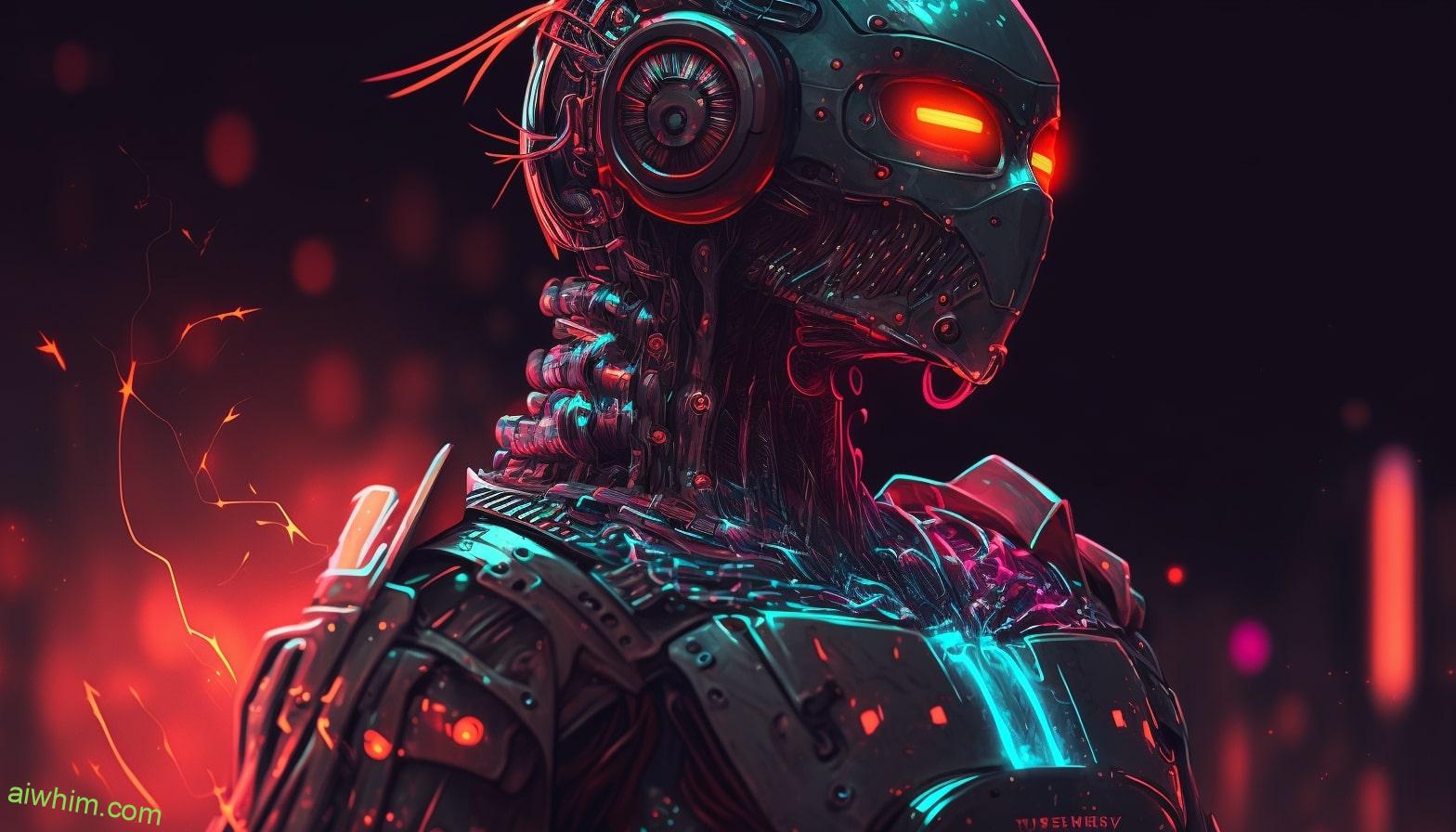
Skills and Knowledge Required in the AI Era
In order to thrive in the AI era, nuclear medicine technologists must acquire the necessary skills and knowledge to effectively utilize artificial intelligence in their practice. The rapid advancements in technology have transformed the healthcare industry, and nuclear medicine is no exception. As AI continues to revolutionize healthcare, it becomes imperative for nuclear medicine technologists to stay ahead of the curve.
One of the key skills that nuclear medicine technologists need to develop is a strong understanding of AI algorithms and machine learning techniques. This will enable them to effectively analyze and interpret the vast amount of data generated by AI systems. Additionally, technologists must have a solid foundation in computer programming and data analysis, as these skills are essential for working with AI applications.
Continuous education and staying up-to-date with the latest developments in AI and nuclear medicine are crucial for nuclear medicine technologists. This includes attending workshops, seminars, and conferences that focus on AI in healthcare. By expanding their knowledge and skills, technologists can position themselves as valuable assets in the job market.
Speaking of the job market, it’s important for nuclear medicine technologists to be aware of the current trends in the industry. The demand for professionals with AI skills is on the rise, and those who possess the expertise to work with AI systems will have a competitive advantage. By proactively acquiring the necessary skills, nuclear medicine technologists can secure their careers and thrive in the AI era.

Continuing Education and Professional Development
Are you wondering how you can continue your education and professional development as a nuclear medicine technologist in the AI era? As technology evolves and artificial intelligence becomes more prevalent in the medical field, it’s crucial to stay updated and enhance your skills to remain competitive and advance in your career.
Here are some ways you can continue your education and pursue professional advancement in this changing landscape:
- Stay informed: Keep up-to-date with the latest developments in nuclear medicine and AI by reading industry publications, attending conferences, and participating in webinars. This will help you stay ahead of the curve and understand how AI is impacting your field.
- Seek specialized training: Look for opportunities to gain specialized training in AI applications in nuclear medicine. Many organizations offer courses and certifications that can enhance your knowledge and skills in this area. By acquiring these specialized skills, you position yourself as a valuable asset in the AI era.
- Collaborate with AI experts: Engage with experts in the field of AI to learn from their experiences and gain insights into how AI can be integrated into nuclear medicine practice. Collaborating with AI experts can help you identify new opportunities and innovative ways to utilize AI technology in your work.
- Participate in research projects: Engage in research projects that explore the intersection of AI and nuclear medicine. This won’t only expand your knowledge but also allow you to contribute to the development of AI applications in your field. Additionally, involvement in research can enhance your professional reputation and open doors to new career opportunities.
- Network with peers: Connect with other nuclear medicine technologists and professionals working in the AI field. Sharing experiences, exchanging ideas, and collaborating on projects can broaden your perspective and provide valuable insights into how to navigate the AI era.

Collaboration Between Humans and AI in Nuclear Medicine
Collaborating with artificial intelligence (AI) in the field of nuclear medicine can revolutionize patient care and enhance the accuracy of diagnostic and therapeutic procedures. The impact of this collaboration on patient care is immense.
By working hand in hand with AI, nuclear medicine technologists can provide more precise and personalized treatment plans, resulting in improved outcomes for patients.
One key aspect of collaboration between humans and AI in nuclear medicine is the ability to analyze vast amounts of medical data quickly and efficiently. AI algorithms can process medical images and patient information at a speed that humans simply can’t match. This allows for faster and more accurate diagnoses, enabling medical professionals to make informed decisions about treatment options.
Furthermore, AI can assist in the planning and execution of therapeutic procedures. By analyzing patient data, AI algorithms can help determine the optimal dosage of radiation to deliver to a specific tumor, minimizing damage to surrounding healthy tissues. This level of precision can greatly improve the success rate of treatments while reducing side effects for patients.
Collaboration between humans and AI also extends to monitoring patient progress and adjusting treatment plans accordingly. AI algorithms can continuously analyze patient data, detecting patterns or anomalies that may indicate a need for modification in the treatment approach. This real-time monitoring can lead to timely interventions and improved patient outcomes.

Ethical Considerations in AI-Driven Healthcare
As healthcare continues to integrate artificial intelligence (AI), ethical considerations arise regarding the use of AI-driven technologies in patient care. With the potential benefits of AI in healthcare, such as improved diagnosis accuracy and personalized treatment plans, come ethical implications that must be carefully addressed to ensure patient well-being and protect individual rights.
Here are some key ethical considerations to keep in mind:
- Data Privacy Concerns: As AI algorithms require vast amounts of patient data to train and operate effectively, there’s a need to establish clear guidelines on how this data is collected, stored, and used. Ensuring patient consent, anonymization, and secure storage of data are crucial to protect privacy rights.
- Algorithm Bias and Transparency: AI algorithms can be subject to biases, which could lead to unequal healthcare outcomes for different populations. It’s essential to develop and implement algorithms that are fair, unbiased, and transparent, allowing healthcare providers to understand and challenge the decisions made by AI systems.
- Accountability and Liability: As AI systems become more involved in patient care, questions arise regarding who should be held accountable for errors or adverse events. Clear guidelines and legal frameworks need to be established to determine the responsibilities of healthcare providers, AI developers, and regulatory bodies in ensuring patient safety and addressing any potential harm caused by AI systems.
- Equitable Access to AI-Driven Healthcare: The integration of AI in healthcare shouldn’t exacerbate existing disparities in access to quality care. Efforts must be made to ensure that AI-driven technologies are accessible to all individuals, regardless of their socioeconomic status or geographical location.
Addressing these ethical considerations is crucial to build trust in AI-driven healthcare and ensure that the benefits of AI are balanced with the protection of patient rights and well-being. By proactively addressing these concerns, we can create a future where AI enhances patient care while upholding the principles of ethics and freedom.
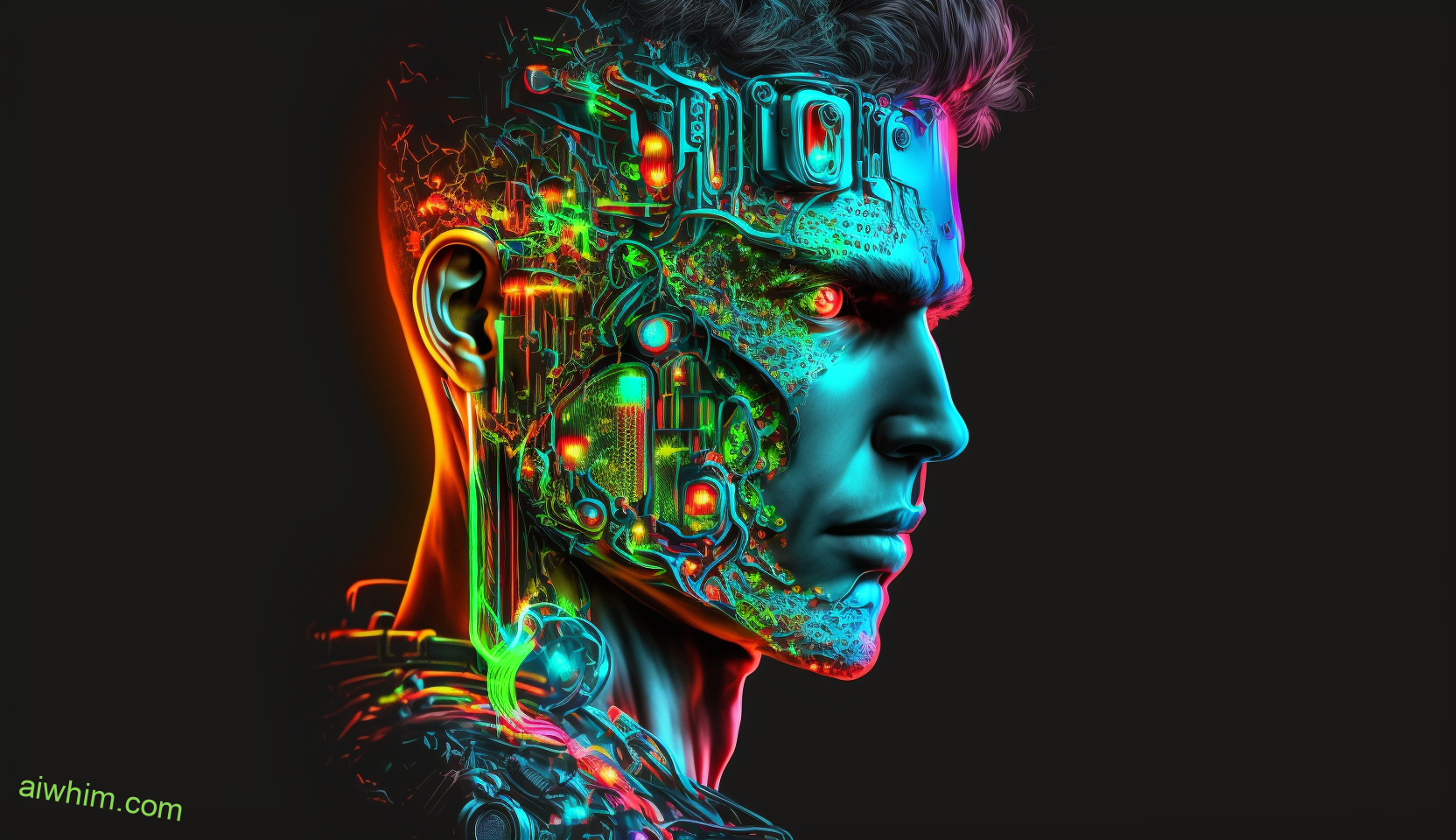
Challenges and Opportunities for Nuclear Medicine Technologists
To navigate the challenges and embrace the opportunities in the field of nuclear medicine technology, it’s essential to understand the impact of AI-driven healthcare on the role of nuclear medicine technologists.
The rise of automation in healthcare poses challenges for nuclear medicine technologists, but it also brings forth a range of emerging opportunities.
One of the main challenges that nuclear medicine technologists face is the automation of certain tasks. As AI technology continues to advance, there’s a possibility that some routine tasks, such as data analysis and image processing, could be automated. This could potentially reduce the need for human intervention in these areas, posing a threat to the traditional role of nuclear medicine technologists. However, it’s important to remember that automation can’t replace the critical thinking, empathy, and patient interaction skills that nuclear medicine technologists bring to their work.
Despite the challenges, there are also emerging opportunities for nuclear medicine technologists in the era of AI-driven healthcare. The increasing use of AI algorithms in medical imaging requires skilled professionals who can supervise and interpret the results. Nuclear medicine technologists have the expertise to ensure the accuracy and quality of AI-generated data. They can also play a vital role in training and validating AI algorithms to improve their performance.
Furthermore, as the field of nuclear medicine technology continues to evolve, there’s a need for technologists who can adapt and embrace new technologies. Nuclear medicine technologists can explore opportunities in research and development, working alongside AI developers to advance the field. They can also contribute to the ethical and regulatory aspects of AI-driven healthcare, ensuring that patient safety and privacy are protected.

Strategies for Career Growth and Adaptation
Developing a proactive mindset and acquiring new skills are essential for nuclear medicine technologists to thrive in the era of AI-driven healthcare. As the field of nuclear medicine evolves, it’s crucial to stay ahead of the curve and embrace the opportunities for career advancement. Here are some strategies to help you adapt and grow in this changing landscape:
- Stay updated with technological advancements:
- Keep yourself informed about the latest developments in nuclear medicine technology and AI applications in healthcare. This will enable you to understand how AI can enhance your work and identify areas where you can leverage technology for career growth.
- Attend conferences, workshops, and webinars that focus on emerging technologies in the field. Networking with experts and colleagues can provide valuable insights and open doors to new opportunities.
- Develop technological skills:
- Invest time in learning and mastering technological skills that are relevant to nuclear medicine. This could include understanding AI algorithms, data analysis, and machine learning techniques.
- Seek out training programs or courses that offer hands-on experience with AI-driven technologies. This won’t only enhance your skillset but also make you a valuable asset to your organization.
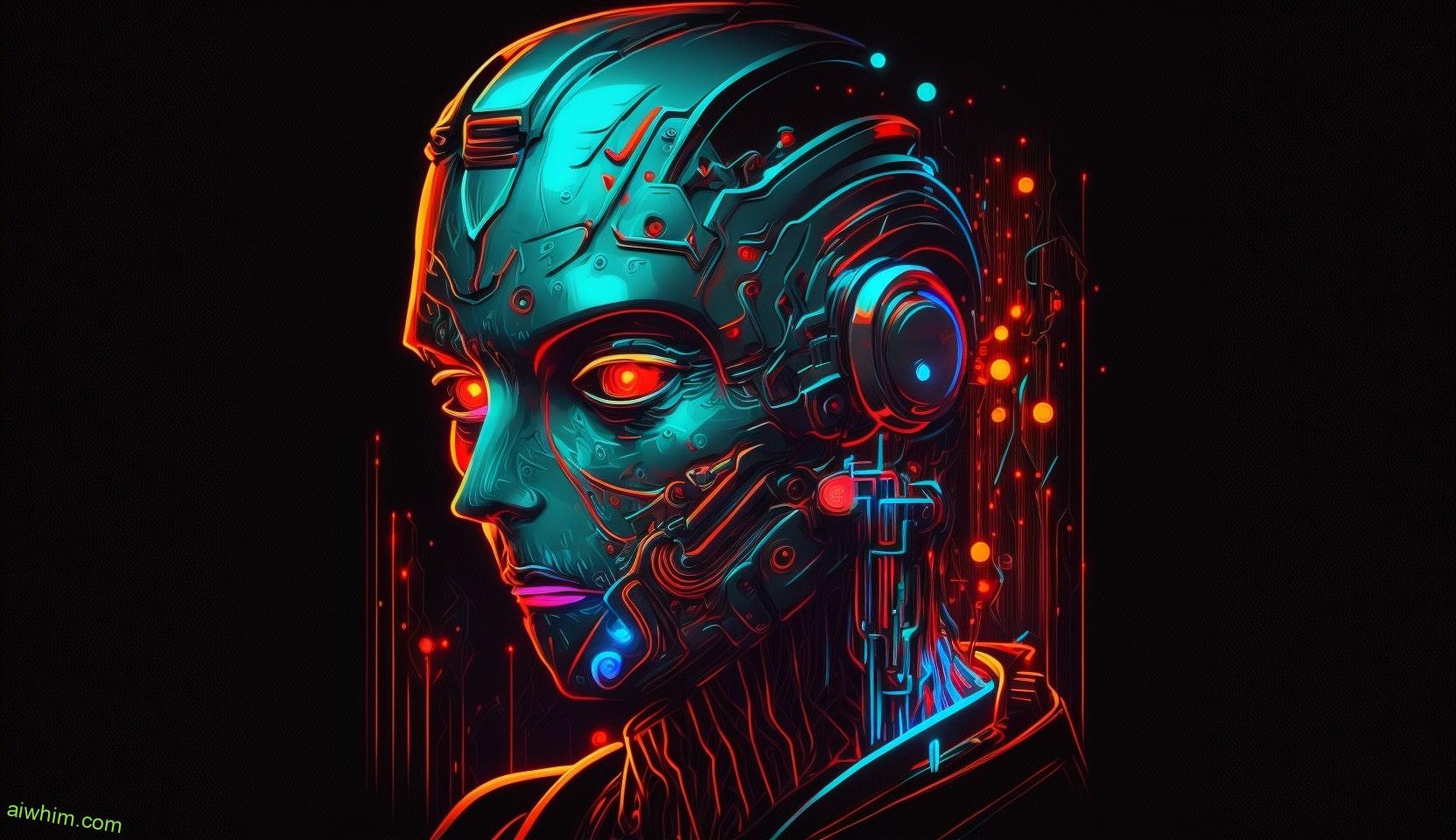
Conclusion: Embracing Change in the Field of Nuclear Medicine
To succeed in the ever-changing field of nuclear medicine, it’s crucial for you, as a technologist, to embrace change and stay adaptable. The future prospects of the field are promising, but they require you to be open to new technologies and advancements.
Embracing change means being willing to learn and adapt to new techniques, equipment, and software that can enhance patient care and improve outcomes.
One way to embrace change is by actively seeking out continuing education opportunities. Stay up-to-date with the latest research, attend conferences, and participate in workshops that focus on emerging technologies in nuclear medicine. This won’t only expand your knowledge but also make you more valuable to your employers and patients.
Another important aspect of embracing change is being open to collaboration with other healthcare professionals. As the field of nuclear medicine evolves, interdisciplinary teamwork becomes increasingly important. By working closely with physicians, radiologists, and other specialists, you can contribute to a holistic approach to patient care and ensure the best possible outcomes.
Furthermore, staying adaptable means being flexible and willing to take on new roles and responsibilities. As AI and automation become more prevalent in the field, technologists may need to shift their focus towards tasks that require critical thinking and problem-solving skills. This could involve analyzing and interpreting complex imaging data or developing treatment plans based on the results.

Frequently Asked Questions
What Are the Potential Ethical Concerns Associated With the Use of AI in Nuclear Medicine?
Ethical concerns arise when using AI in nuclear medicine, including privacy issues. As AI advances, questions about patient data security and human oversight must be addressed to ensure the freedom and well-being of all involved.
How Can Nuclear Medicine Technologists Adapt Their Skills and Knowledge to Keep up With Advancements in Ai?
To adapt your skills and knowledge to keep up with advancements in AI, embrace new technologies, attend workshops, network with experts, and stay curious. Be proactive in learning, and you’ll thrive in the ever-evolving field of nuclear medicine.
What Are Some of the Challenges and Opportunities That Nuclear Medicine Technologists May Face as AI Becomes More Prevalent in the Field?
As AI becomes more prevalent in the field, you may face challenges in adapting to new technology and keeping up with advancements. However, there are also opportunities to learn and grow in this ever-evolving field.
What Strategies Can Nuclear Medicine Technologists Employ to Promote Career Growth and Adaptation in the Era of Ai?
To promote career growth and adapt to AI advancements, you can focus on continuous learning, staying updated with technological advances, building a strong network, and embracing new opportunities for professional development.
How Can Nuclear Medicine Technologists Collaborate Effectively With AI Systems in Order to Optimize Patient Care and Outcomes?
Collaborate effectively with AI systems to optimize patient care and outcomes. Use collaborative techniques like sharing data and insights with AI algorithms to enhance diagnosis and treatment plans. Put patients at the center of your care.

Conclusion
Embrace the ever-evolving landscape of nuclear medicine, where AI is revolutionizing diagnostic imaging.
As a nuclear medicine technologist, you hold the key to unlocking the future of healthcare. Just as atoms collide to create energy, let your skills collide with AI to create a brighter and more efficient future.
Adapt and grow, for the opportunities are endless. Embrace change with open arms, and watch as your career soars to new heights.




